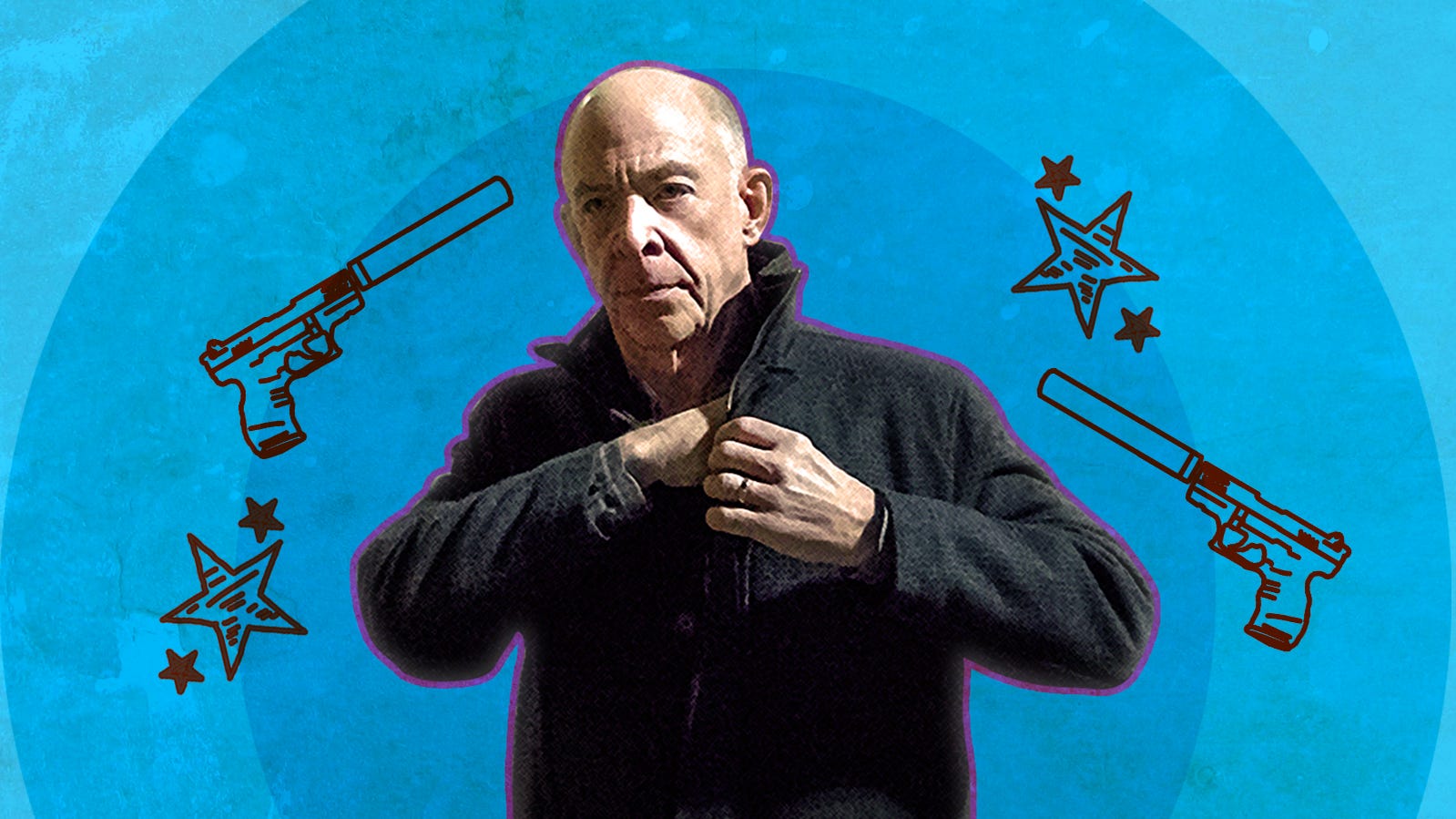
The TV Season's Saddest Cancellation Was Counterpart
The show was too precious for this world -- or any mirror worlds that might exist

In the world of unjust TV cancellations, Counterpart coming to an end after two seasons earlier this year might not register immediately. After all, the thrilling sci-fi spy show starring J.K. Simmons in a dual role actually completed its story, for all intents and purposes, in the Season 2 finale "Better Angels." But even though the episode doubles well as a series finale, there was more to the story, and the sadness of Counterpart's cancellation comes in knowing not only this, but also that an original and inventive series was once again canceled too soon while more and more lifeless remakes and adaptations are continuing on.
The series' main narrative was an obvious Cold War allegory that pulled from science-fiction and espionage thrillers to tell the story of two worlds that mirrored one another, Alpha and Prime. The story came to an end after the crossing between the worlds was closed and Mira (Christiane Paul) -- the leader of the terrorist group Indigo who planned to unleash a biological weapon in the Alpha World as vengeance for her father's murder and the flu epidemic that decimated the Prime World -- was killed.
TV Yearbook: Let's Celebrate the TV Season's Best Moments
Through its existential multiverse narrative, the ambitious Counterpart explored the complexity of human nature and how our lives can be changed by our decisions -- never one single choice, but more of a pattern of choices -- or a slightly different set of circumstances. The finale took a pretty optimistic view of our ability to change as a number of characters, including Nazanin Boniadi's Clare, a former Indigo sleeper agent, ultimately chose their better nature. But in the final moments of the season, the virus that Mira had injected into Yanek (James Cromwell) as an insurance plan in case her initial biological attack failed, was released into the Alpha world.

Creator Justin Marks told TV Guide earlier this year that the show's writers had always planned to move beyond Berlin and the Cold War allegory after Season 2 and into an allegory as it related to lawless countries, where borders have less meaning. He described the plan for Season 3, which would have included many of the same characters, as the "Wild West of espionage." To be honest, I have no idea what that looks like or if it would have worked. But prior to the Starz drama's series premiere, I also had no idea Counterpart would successfully and brilliantly be able to mesh together my favorite aspects of shows like The Americans and Fringe and have it not only work, but work well.
Desus & Mero Were the Late Night Kings of the TV Season
There were obviously other shows whose cancellations tugged on my heart this season, but in the current TV landscape, where network executives are prioritizing existing intellectual properties, rebooting and reviving dead shows everywhere you turn, Counterpart stood out for its originality. Although the series apparently didn't have the audience that Starz required for renewal, it was a compelling and intelligent show that posited intriguing philosophical questions about identity. It was a thrilling and often nail-biting spy drama that gave us not one, but two excellent, award-worthy performances from J.K. Simmons and Olivia Williams, whose character Emily took center stage in Season 2 as both the Emily of the Alpha World and the Emily of the Prime World sought a third version, the woman Emily Alpha used to be.
I'd hoped the critical reception and respect Counterpart had garnered over two seasons would have been enough to convince Starz to keep the series around for at least one more season. But it wasn't meant to be.
So RIP, Counterpart. You were too precious for this world -- or any mirror worlds that might exist.
Because this is such a competitive category, TV Guide wanted to take this opportunity to shout-out all the runners-up who just barely missed out on the honor of Saddest Cancellation: Marvel's Daredevil, which was an unfortunate casualty of Marvel moving away from Netflix; Speechless, which was a groundbreaking show that deserved more than three seasons; and One Day at a Time, which we haven't given up will find a new home somewhere else.
